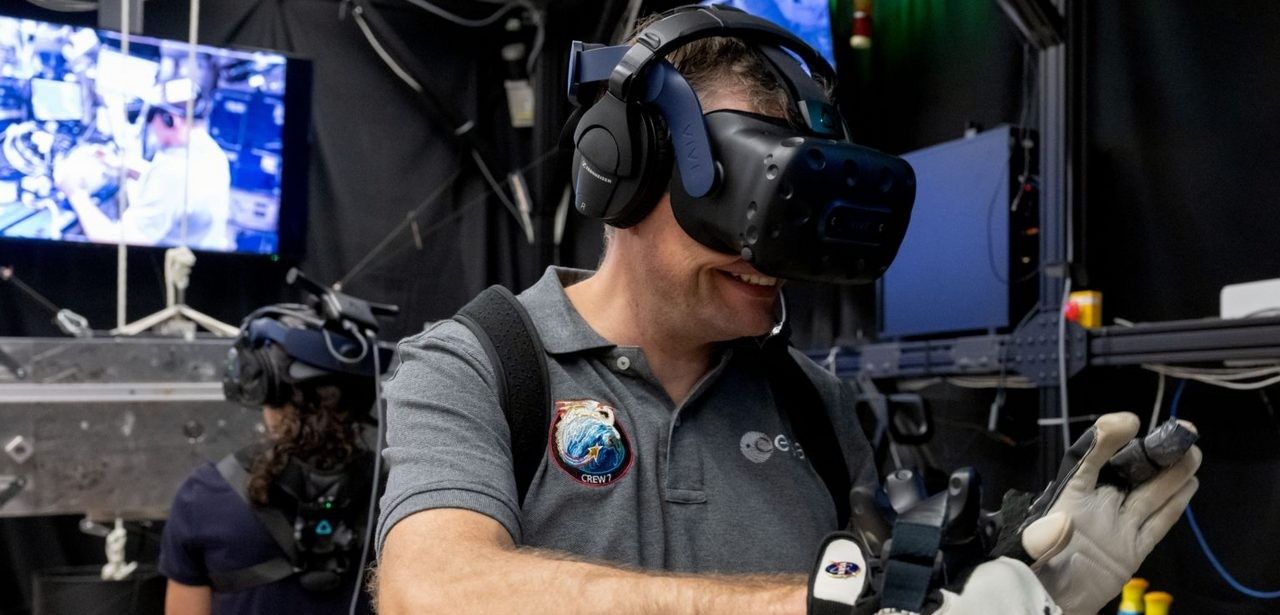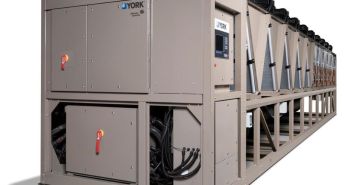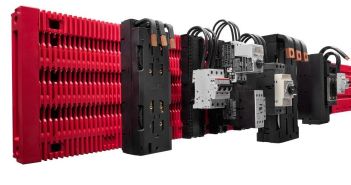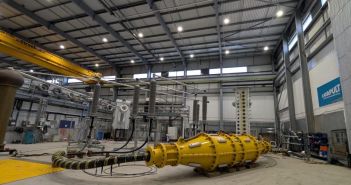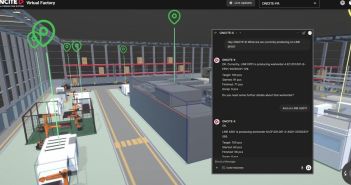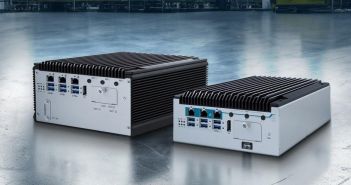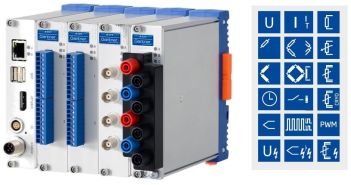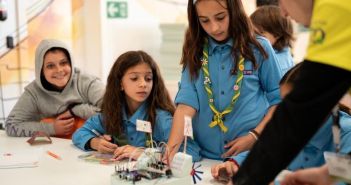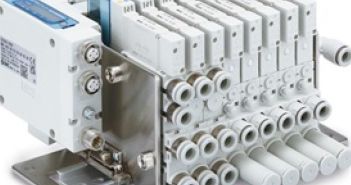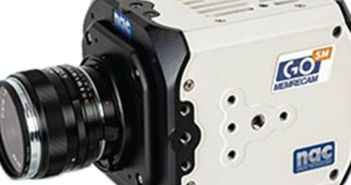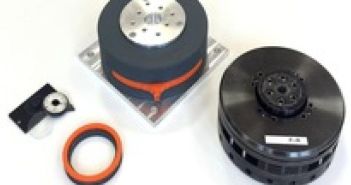The collaboration between XRHealth, Nord-Space Aps, and HTC VIVE has resulted in the adaptation of the VR headset HTC VIVE Focus 3 to meet the challenges of space. This partnership aims to support astronauts in their upcoming space mission on November 5, 2023, by preventing potential mental health issues. XRHealth has successfully configured the VR headset to function in zero gravity, allowing astronauts to benefit from immersive VR therapy even in the isolated and high-stress environment of space.
Table of Contents: What awaits you in this article
Nord-Space Aps Launches Virtual Initiative to Support Astronauts’ Mental Health
Nord-Space Aps has launched an initiative to support the psychological well-being of astronauts during their space missions. The isolated and highly stressful environment can take a toll on their mental health. By utilizing virtual reality technology, this initiative aims to provide a stimulating and supportive environment for astronauts, helping them maintain their mental balance and prevent potential psychological disorders. Danish astronaut Andreas Mogensen will be the first to use the VR headset during his long-duration mission with NASA’s Crew 7, ensuring his well-being throughout the six to eight months in space.
Virtual Platform Addresses Astronauts’ Mental Health Needs in Isolation
Astronauts face significant challenges when it comes to maintaining their mental well-being during long-duration space missions. With limited contact with friends and family and living in isolated and confined environments, the creation of a virtual platform tailored to their psychological needs is essential. By partnering with leading space technology companies, such as Nord-Space Aps, we aim to provide astronauts with the most advanced technologies to support their mental health and ensure a healthy lifestyle upon their return to Earth.
VR therapy on HTC VIVE Focus 3 tackles weightlessness challenges
The VR therapy on the HTC VIVE Focus 3 headset will take place in a specially designed simulation mode for zero gravity. Previous attempts to use VR headsets in zero gravity were challenging due to issues such as vibration, rolling, and drifting, which caused motion sickness and hindered content recognition. In zero gravity, without gravitational vectors for orientation, the headset became unstable and unusable, with tracking failing within minutes. However, the innovative adaptation of the HTC VIVE Focus 3 by Nord-Space Aps, HTC, and XRHealth has overcome these challenges, enabling effective VR therapy in space.
Groundbreaking VR Platform Developed to Support Astronauts in Space
Nord-Space Aps, HTC, and XRHealth have collaborated to develop a VR platform that functions in space. Through the use of a simulation mode and a specialized tracking method via the controllers, this platform addresses the complex challenges of isolation and mental health in space exploration. The team has overcome unique obstacles to configure the headset for zero gravity, pushing the boundaries of what is possible with VR. Astronauts will benefit from the immersive technology, experiencing the same advantages for their mental well-being as we do on Earth. This is a groundbreaking moment.
XRHealth’s CEO: Using spatial computing to improve mental health in space missions
XRHealth CEO Eran Orr highlights the groundbreaking use of spatial computing technologies to enhance global health, including in space. By deploying their VR headset on a space mission, XRHealth aims to alleviate mental pressure and stress, enabling astronauts to perform at their best. This achievement represents an important step in improving astronauts’ mental well-being and underscores the potential of immersive technology in space exploration.
The adaptation of the HTC VIVE Focus 3 VR headset to the challenges of space is a significant advancement in supporting astronauts’ mental health. By creating a virtual platform, it enables astronauts to maintain a healthy mental balance and overcome the isolation they experience during their missions. The collaboration between Nord-Space Aps, HTC, and XRHealth has resulted in innovative technological adjustments that allow astronauts to benefit from immersive VR therapy even in the zero-gravity environment of space. This milestone represents a major breakthrough in space health and opens up new possibilities for space exploration.


